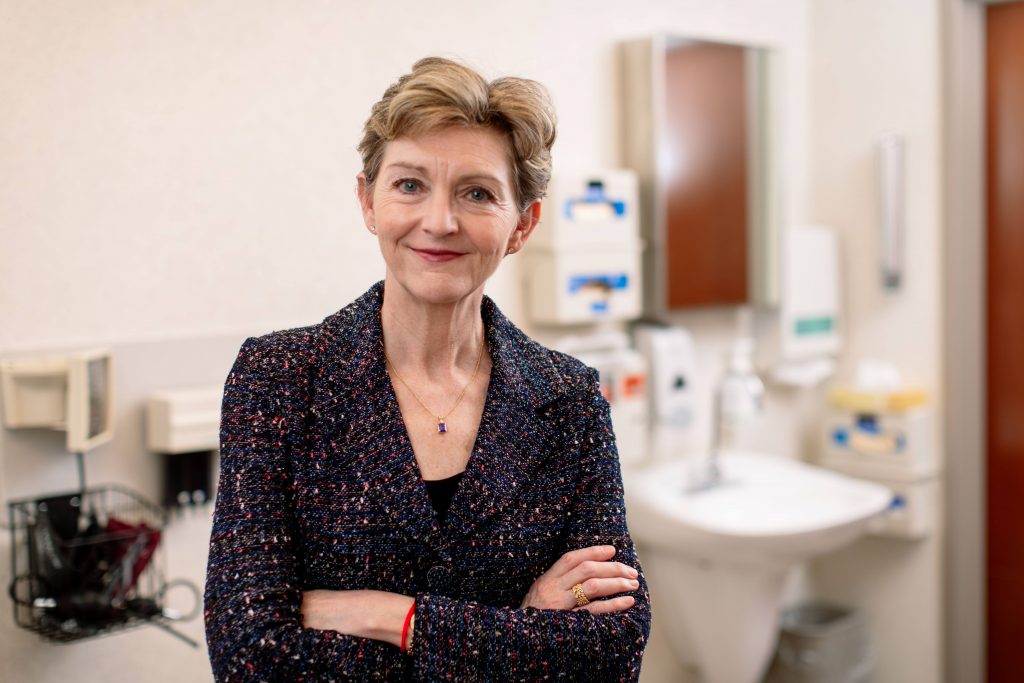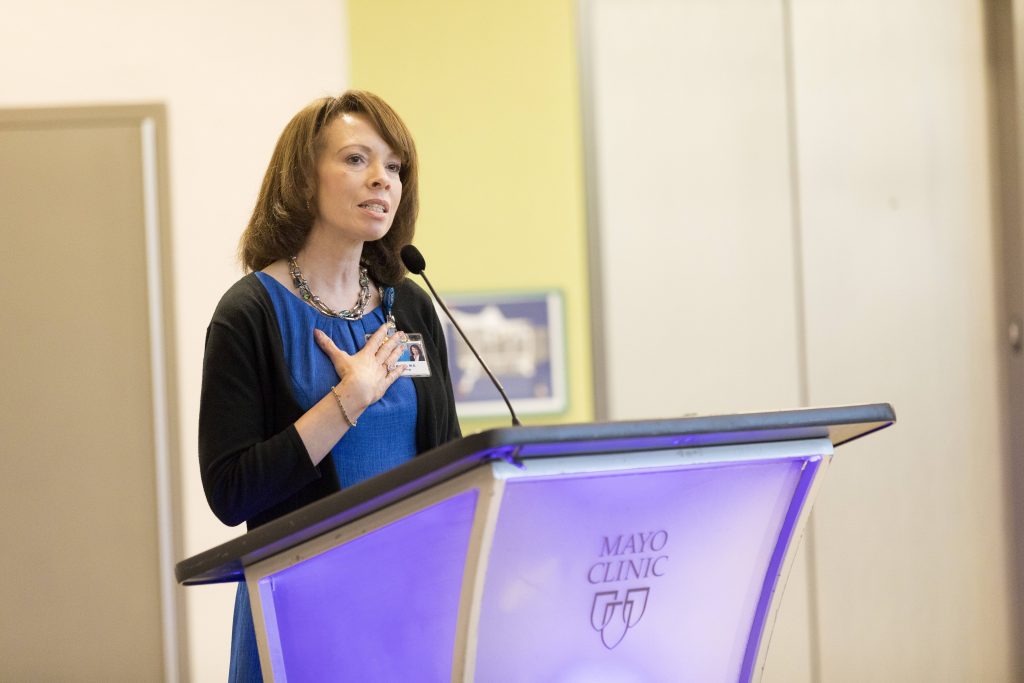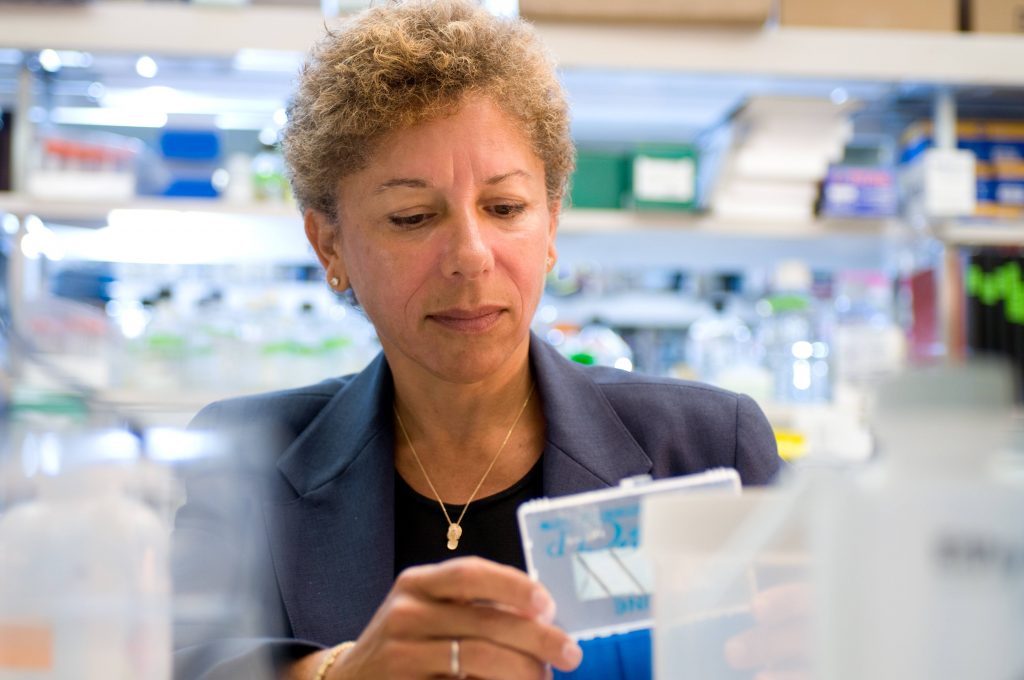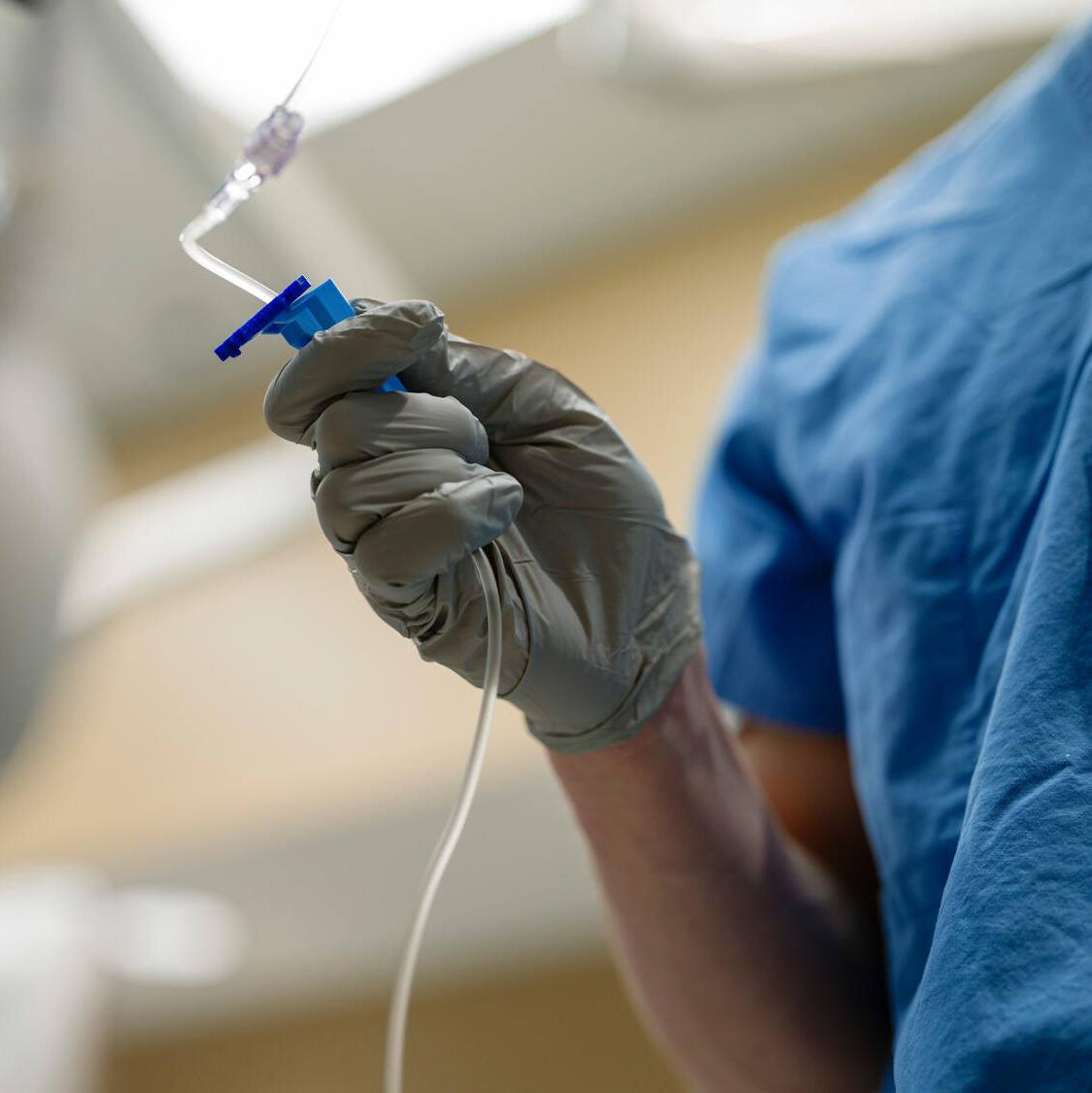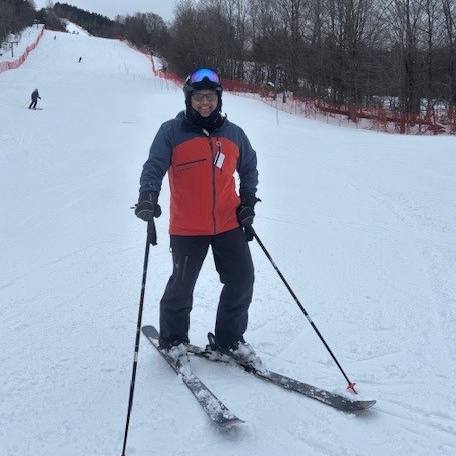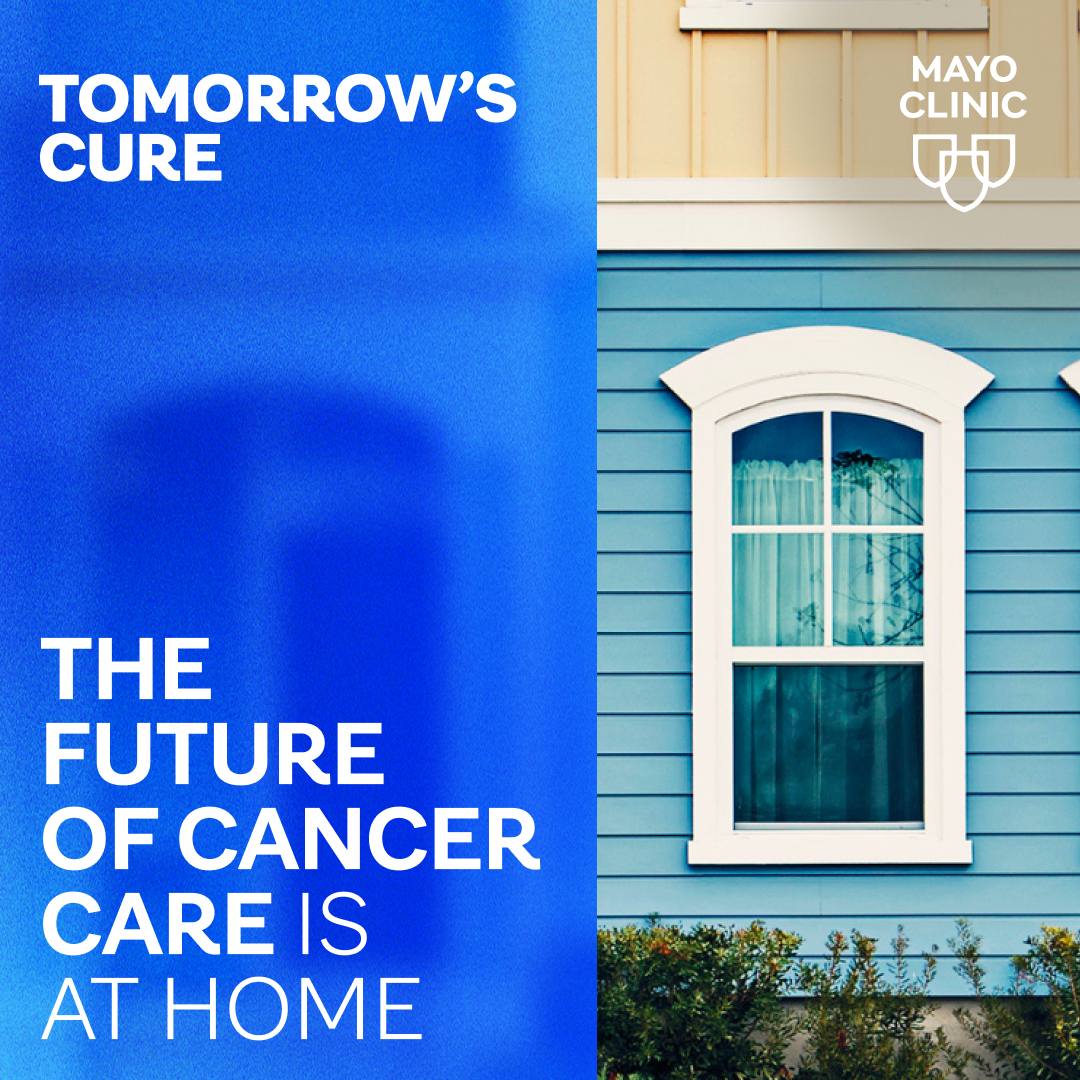
In recognition of National Minority Health Month, a number of Mayo Clinic experts participated in a virtual Mayo Clinic media briefing to discuss health care disparities that affect racial and ethnic minority populations in the U.S.
The experts addressed health education, early detection and control of disease complications. These are some of the topics discussed:
- Meeting people with health care in their communities.
- Improving diversity in the health care workforce.
- Establishing community-engaged and inclusive research.
- Recognizing that biases exist in how health care is provided.
- Identifying biological differences and social determinants.
- The COVID-19 effect on exposing inequities.
- COVID-19 vaccine acceptance.
- Mental health care deficiencies.
- Offering integrated behavioral health teams in primary care.
Below are a few excerpts from their conversation.
Watch: Mayo Clinic experts discuss health care disparities in minority populations.
MEDIA: These video sound bites are available in the downloads at the end of this post. Please super the expert's name and specialty area, as seen in the YouTube video and below their photos.
To inquire more about these topics and what Mayo is doing to make improvements in the area of health care disparities — and to speak with these, or other experts — please contact newsbureau@mayo.edu.

Chyke Doubeni, M.B.B.S.
Family Medicine
Mayo Clinic
"We design health systems to exclude important segments of our population who need it most. And we need to look at how we create structures to meet people where they are, and the technology exists for us to do so. We need to change our mindset from 'We'll build it, and they will come' to a mindset where we reach people where they are. And that has to be very important."
_____________________________________________
Sharonne Hayes, M.D.
Cardiolovascular Disease
Mayo Clinic
"When I learned about cardiology, I learned about the traditional risk factors. And they talked about, hypertension, and that African Americans have more hypertension and Native Americans have more diabetes. And that's the reason that they have higher risk of cardiovascular disease. But, in fact, the prevalence of obesity, diabetes, or hypertension, has roots in things that have nothing to do with biology or genetics. They have to do with redlining, and living in neighborhoods that have poor access to safe exercise and physical activity, and food safety."
"What mother chose to live in an unhealthy environment? She did not. There are generations and generations of reasons that her people and her family were not allowed to buy or rent in places that were safer. And, so, if we take several generations back , we know that the risk of hypertension is increased among those who have experienced racism. There are studies that have been able to show that actually the experience of racism increases cardiovascular disease risk and risk factors."
_____________________________________________
Michele Halyard, M.D.
Radiation Oncology
Mayo Clinic
"I think of Mayo in Arizona and its relationship with the Phoenix Indian Medical Center, for example. We send medical oncologists there to see cancer patients, particularly breast cancer patients, to help deliver care there. And some of those patients then wind up coming to us for care, as well. And, so, I think there is a responsibility for those who have more resources to share those resources with the community."
"Participation in clinical trials really revolves around issues of equity and disparities. And in order to make advances in bringing down some of the morbidity and mortality, or suffering and death from diseases, we do need everyone to be represented in clinical trials. Clinical trials often allow patients access to cutting edge therapies that can be life changing, and life saving, in many instances, and, so, to not have people participate in clinical trials, in some ways, lessens their ability to potentially get life saving therapies. But I think it's important, given the long standing distrust people of color have about the whole research process."
_____________________________________________
Edith Perez, M.D.
Hematology Oncology
Mayo Clinic
"Black women have a slightly increased risk of developing triple negative breast cancer, compared to the rate in whites. But it's a matter of getting access to going to the clinics where treatment is available. Are they seeking care early enough, because the earlier we can diagnose it as cancer, the better the outcome. So, yes, cancer is some biology, but there's a lot of social determinants of health care that have impacted the differences in survival rates after diagnosis of breast cancer."
"In the reality of cancer the median is 66 years, but the reality in clinical trials is about 50 to 52 years. This is a gap that we have to continue to close because after we complete the clinical trials, we need to understand how the older or the younger populations are affected. It's also about ageism, that exists as a discriminatory factor in this world. We need to understand safety and efficacy for the older population, because they are the ones that were mostly affected by this disease."
_____________________________________________
Final comments from Dr. Doubeni
"One thing that is a national consciousness currently, is the issue of algorithm bias — the AI (artificial intelligence) things that we use in driving medical care, and it is more pervasive than you think. A lot of biases are built into the instruments, or to the algorithms that develop in populations that don't include enough diversity, to the extent that when you now use AI in everybody, including African American, Latinos and other groups, it can reinforce disadvantage and make health care worse."
"So it's multifaceted. We have to increase the volume of data by getting access to people. We have to make sure the studies are in enough people that when we generate these sorts of things, to use to automate care as we want to in the future with digital health technology, that it is actually helping people — not creating a systematically disadvantaged network."
_________________________________________________________





